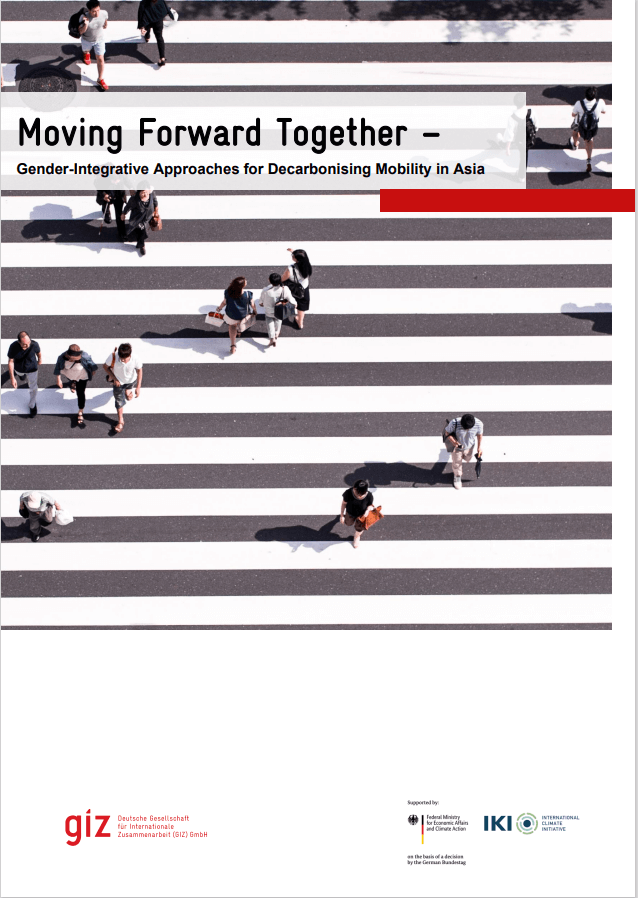Until the late 1990s, the share of cycling in German cities decreased to – on average – less than 10 percent. However, a couple of cities – like e.g. Münster in western Germany – have proven, that it is possible to realize a high share of cycling and various benefits occur in terms of cost-effectiveness as well as environmental objectives. In addition, Münster with a cycling share of almost 40 percent always rated top in comparison of livability in cities. In the context of such experiences, in 1998 the Federal Ministry of Transportation, Building and Urban Development (BMVBS) decided to introduce a capacity building programme and take joint action with the provinces to start a revival of cycling in German cities: the idea of the National Cycling Plan was born. This plan, which focused on capacity building in cities (based on a prior needs assessment), turned out to be an enormous success in the years 2000 and beyond.
In China, transport already accounts for almost one fifth of total carbon emissions, challenging its sustainable development. Due to this tremendous growth in traffic volume, especially in the individual transport sector, China needs to address its strong dependence on oil imports and the growing demand for active environmental protection. But China is already stepping up to the challenge of rapid motorization and urbanization and is committed to take efforts to limit the growth of its greenhouse gas (GHG) emissions. In implementing low carbon transport interventions China can, at the same time, achieve additional sustainability benefits, such as better air quality, reduced congestion and improved road safety. Cycling is, the cleanest and healthiest way of urban mobility. But due to the lack of proper bicycle lanes, bike parking facilities, road safety and the image of cycling as mode for “the poor”, cycling in China is not as attractive as it could be. It is time to change the trend. As experience in Germany shows, national and local level programmes are able to turn the tables for a nationwide acceptance of the importance of cycling in sustainable urban transport.





